Meet the dynamic group of people responsible for championing the humanities throughout Maryland!
Our Staff

Claudia Allen (she/her)
Director of Advancement
(410) 618-5633
callen[at]mdhumanities[dot]org
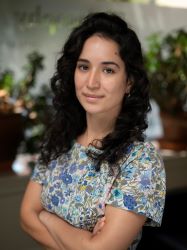
Isabella Altherr (she/her)
Program Coordinator
History
(410) 685-0452
ialtherr[at]mdhumanities[dot]org
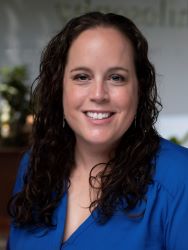
Lindsey Baker (she/her)
Chief Executive Officer
(410) 699-3130
lbaker[at]mdhumanities[dot]org
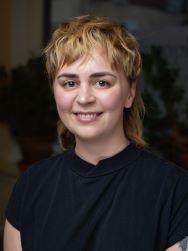
Ellie Benedict (she/her)
Development Specialist
(410) 618-5725
ebenedict[at]mdhumanities[dot]org
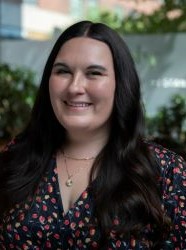
Stephanie Boyle (she/her)
Program Officer
History
(410) 685-4185
sboyle[at]mdhumanities[dot]org
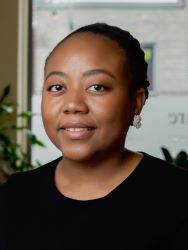
Alexandra Cenatus
(she/her/ella/elle/li)
Director of Programs
(410) 618-0753
acenatus[at]mdhumanities[dot]org

Aditya Desai (he/him)
Program Officer
Literature
(410) 618-3769
adesai[at]mdhumanities[dot]org
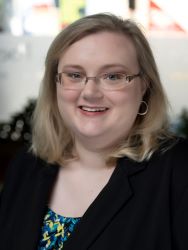
Eden Etzel (she/her)
Program Assistant
Maryland Center for the Book
(410) 685-3715
eetzel[at]mdhumanities[dot]org
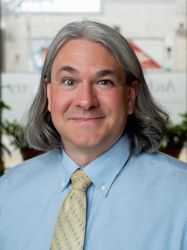
Robert Forloney (he/him)
Program Officer
Partnerships
(410) 541-7612
rforloney[at]mdhumanities[dot]org
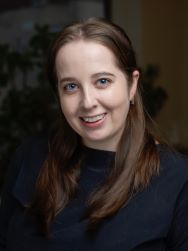
Emily Ross (she/her)
Program Officer, Grants
(410) 618-5017
eross[at]mdhumanities[dot]org
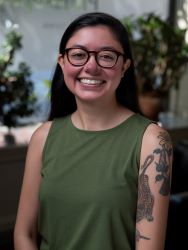
Camilla Sandoval (she/her)
Program Coordinator
Grants & Community Engagement
(410) 762-8663
csandoval[at]mdhumanities[dot]org
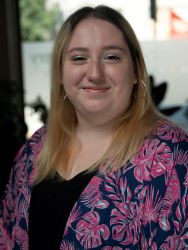
Emmie Schulz (she/her)
Maryland History Day Outreach & Professional Development Assistant
(410) 618-5709
emiliam[at]mdhumanities[dot]org
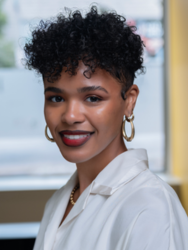
Savannah Imani Wade (they/she)
Grants Specialist
(410) 685-1653
siwade[at]mdhumanities[dot]org
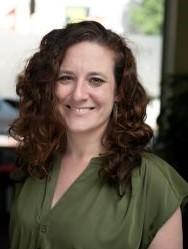
Sarah Weissman (she/her)
Communications Specialist
(410) 618-5893
sweissman[at]mdhumanities[dot]org
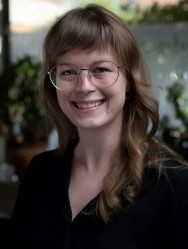
Lou Williams (they/she)
People & Operations Officer
(410) 564-1548
lwilliams[at]mdhumanities[dot]org
Our Board
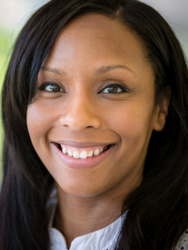
Chanel Johnson
Chair
Baltimore City
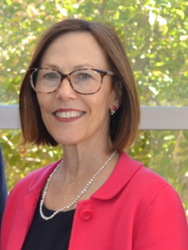
Carmel Roques
Vice Chair and Governance Committee Chair
Howard County
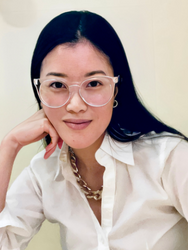
Soo Koo
Secretary
Montgomery County
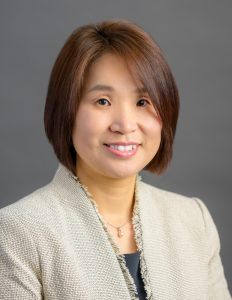
Ruth Kim
Finance Committee Chair and Treasurer
Montgomery County
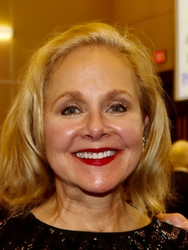
Julia (Julie) Madden*
Government Liaison
Howard County
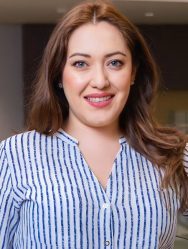
Alejandra Balcazar
Baltimore County
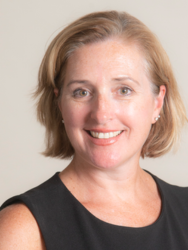
Dr. Elizabeth Benton
Montgomery County
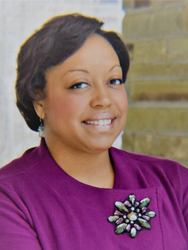
Kendra Brown
Prince George’s County
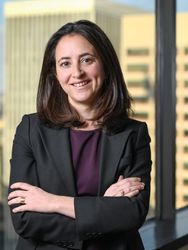
Mollie Caplis
Baltimore County
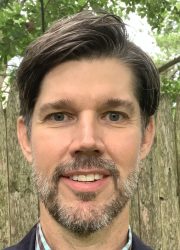
Brian Casemore
Montgomery County
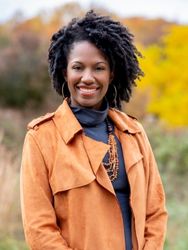
Tahira Christmon
Howard County
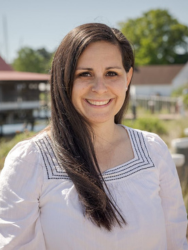
Jill Ferris
Talbot County
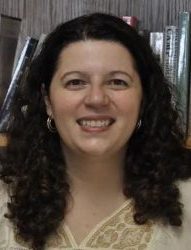
Kara French
Wicomico Count
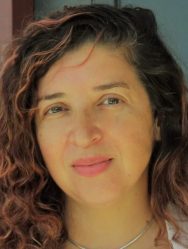
Veronica Gallardo
Prince George’s County
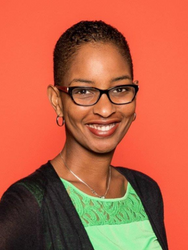
Rachael Gibson
Programs Committee Chair
Montgomery County
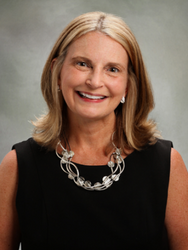
Mary Hastler
Harford County
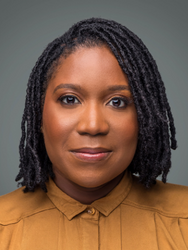
Dr. Shauna Knox
Montgomery County
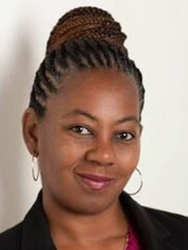
Alicia Jones
Immediate Past Chair
Baltimore City
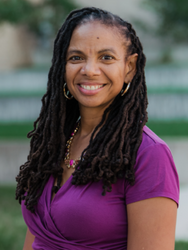
Dr. Kimberly R. Moffitt
Grants Committee Chair
Baltimore County
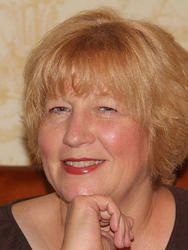
Jeanne Pirtle
St. Mary’s County
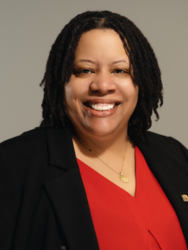
Christian Pulley
Prince George’s County
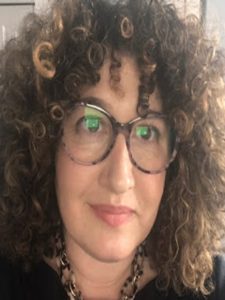
Tamar Sarnoff
Development and Communications Chair
Baltimore City
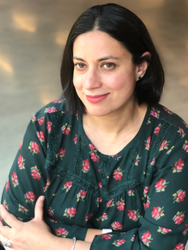
Saima Sitwat
Baltimore City
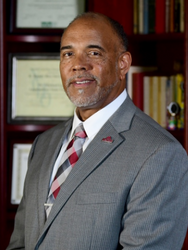
Dr. Marshall F. Stevenson, Jr.
Somerset County
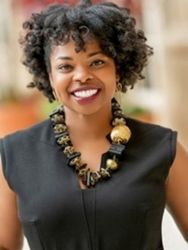
Allyson Black Woodson
Anne Arundel County
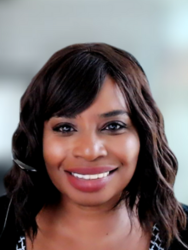
Dr. Charmaine Weston
Frederick County
*Gubernatorial appointee
Are you or is someone you know passionate about the humanities and lifelong learning and have an interest in volunteer service? Consider nominating yourself or them to our Board of Directors.

